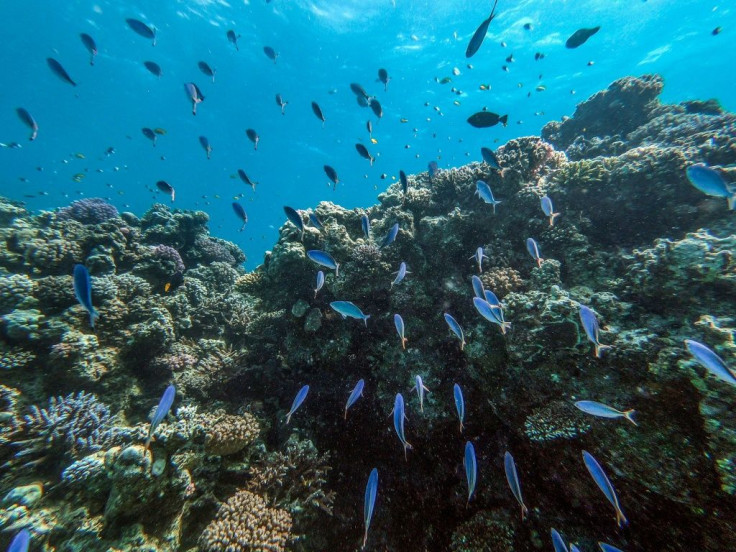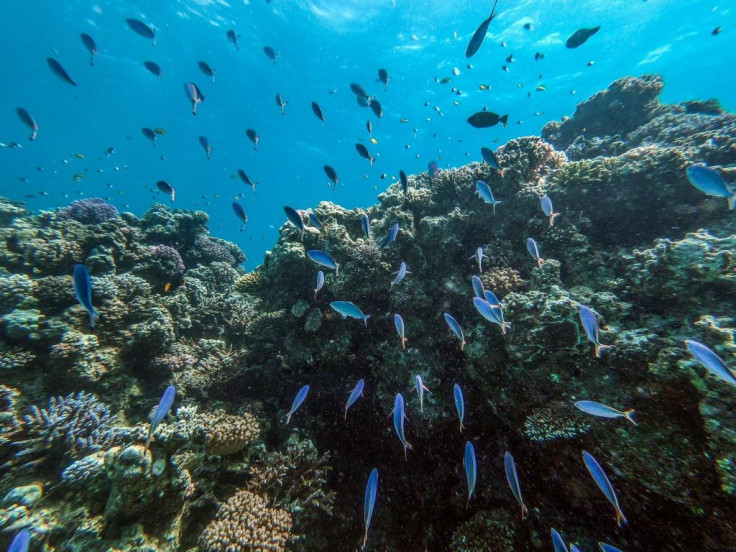World Reef Awareness Day 2021: Interesting Facts About The Biodiverse Ecosystem

Coral reefs are important indicators of our oceans' health, and they're in danger. World Reef Awareness Day, celebrated on June 1 anually, is observed to raise awareness about coral reefs and the threats they face.
The hope is to inspire people from all backgrounds to come together and find ways to preserve coral reefs.
Coral reefs are undoubtedly beautiful, but they're also "crucial to the survival of life on Earth," according to Australis. For instance, more than a billion living creatures depend on sea corals for food, and a healthy coral reef is important for the health and well-being of fish.
However, the world's reefs are in trouble, facing threats such as ship groundings, destructive fishing practices, overfishing, pollution and warm temperatures that result in coral bleaching.
On this day, let's look at some interesting coral reef facts that may inspire you to take action and protect coral reefs. (Courtesy --National Today, Australis, The Reef-World Foundation snd the U.S. Geological Survey (USGS))
- Coral reefs cover less than 1% of the world’s oceans, but they are home to 25% of all marine life.
- Corals and other organisms in coral reefs act as a filter to clean the surrounding water.
- Massive reefs such as the Great Barrier Reef are believed to be between 5,000 to 10,000 years old.
- Corals are animals, not plants or even rocks as some would think. However, just like plants, they need sunlight to grow, which is why they thrive in shallow water.
- Coral reefs protect coastal communities from water surges during storms. They also act as a barrier to protect shallow warm waters from the open sea, allowing tropical fish and plants to thrive.
- Corals are actually related to jellyfish and anemones.
- Reefs are massive living organisms, and they play an important role in managing the carbon dioxide levels in oceans.
- Coral reefs provide food for a wide variety of fish and, in turn, humans. This is because about 500 million people eat fish that can be found on coral reefs.
- The first reef-building organisms were photosynthesizing cyanobacteria, which lived 3.5 billion years ago.
- The calm waters around coral reefs are important mating and nesting grounds for many sea creatures.
- Coral reefs help make the seabed more stable because they encourage the growth of sea plants.
- The Great Barrier Reef was discovered by British explorer, Captain James Cook, in 1770 when his ship accidentally ran into it.
- Coral reefs are said to be among the most diverse ecosystems on the planet.
- Coral reefs are already declining in many parts of the world, with 30% of them expected to be destroyed or seriously degraded in 10 years.

Photo: AFP / Mohamed el-Shahed






